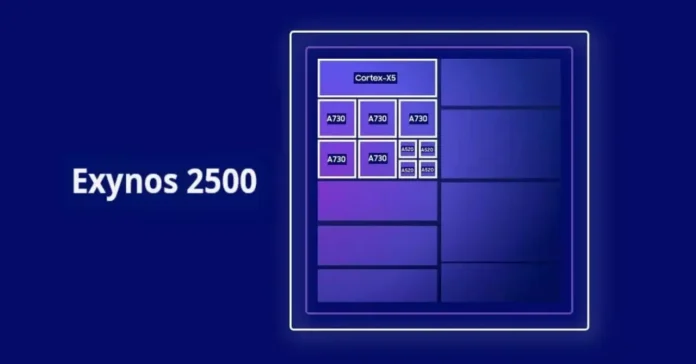Rumors are swirling that Samsung’s Exynos 2500 chipset, which was expected to power the upcoming Galaxy S25 series, might not make it to the final release. According to various reports, including leaks from industry insiders, Samsung may be considering dropping the Exynos 2500 in favor of Qualcomm’s Snapdragon chipsets for its next-generation flagship devices.
For years, Samsung has alternated between its in-house Exynos chips and Qualcomm’s Snapdragon processors for its flagship phones, depending on the region. While Exynos chips have powered many of Samsung’s devices, they’ve often been criticized for lagging behind Qualcomm’s offerings, particularly in performance and power efficiency. The Exynos 2500 was expected to change that narrative, with Samsung rumored to be working on a more competitive chipset featuring cutting-edge technologies like AI integration and ray tracing for gaming.
However, recent reports suggest that Samsung may have hit roadblocks in the development of the Exynos 2500, which could lead the company to rely entirely on Snapdragon chips for the Galaxy S25 lineup. The decision may come down to ensuring consistent performance across all markets, a point of contention in the past where Exynos-powered models were perceived as inferior to their Snapdragon counterparts.
If the Exynos 2500 is indeed scrapped, it would be a significant shift for Samsung, especially as it has been trying to compete with Qualcomm and Apple in the high-end chipset space. On the other hand, sticking with Snapdragon chips might provide a more reliable and unified experience for users worldwide, eliminating the performance gap between regions.
Samsung’s final decision is still up in the air, and official confirmation has yet to be made. But for now, it looks like the Galaxy S25 series could exclusively feature Snapdragon 8 Gen 3 or a similar chipset, continuing the trend from the Galaxy S23 series, where Samsung used Snapdragon chips globally.
This move could mark a temporary or permanent pause in Samsung’s pursuit of high-end chipset development with the Exynos line, depending on how the company handles future developments. Either way, tech enthusiasts will be closely watching how this affects Samsung’s long-term strategy in the smartphone market.

